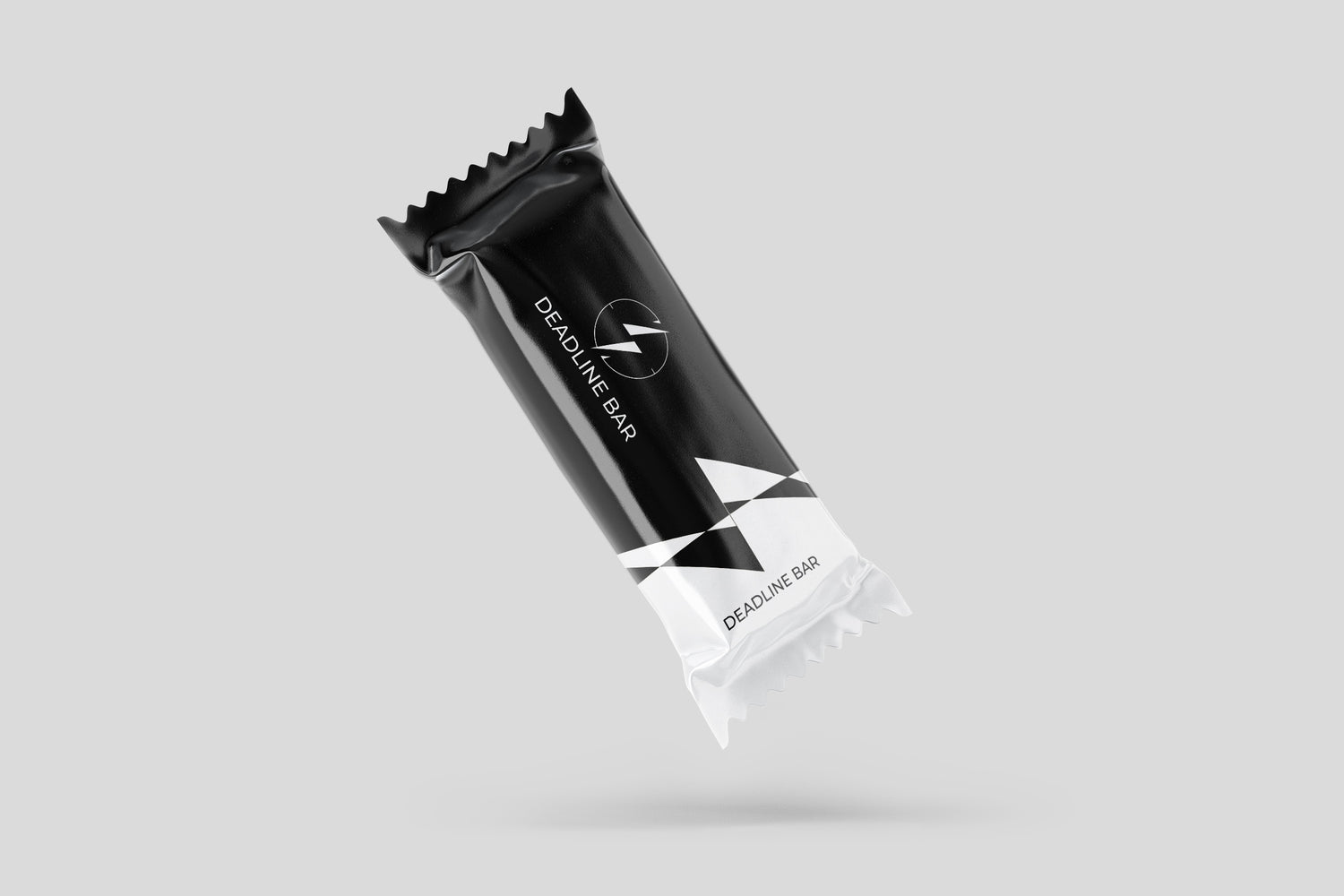If you’re trying to build muscle, you’ve probably been told to eat your body weight in protein. But what about carbs? They often get a bad rap, but they’re the secret sauce to fueling workouts and making real gains. Let’s break it down—without making your brain hurt.
Why Carbs Matter for Muscle Growth
Think of carbs as the fuel in your gas tank. If you don’t have enough, your engine (aka your body) sputters out halfway through your workout. Your muscles rely on glycogen (stored carbs) for energy, and when those levels drop, so does your ability to push heavy weight (Kerksick et al., 2017).
Ever tried lifting after skipping carbs for a day? Yeah, it feels like you’re benching a small car with a gorilla sitting on it.
Carbs don’t just give you energy—they also help with muscle recovery and reduce muscle breakdown (Jäger et al., 2017). In other words, they keep you from feeling like you got hit by a truck the day after leg day.
How Many Carbs Should You Eat?
The answer depends on how much you train, how hard you push yourself, and how much muscle you want to build. Here’s a general guide:
-
Moderate Training (3-5 hours per week): 3-5 grams of carbs per kg of body weight per day
-
Intense Training (5+ hours per week): 5-7 grams of carbs per kg of body weight per day
-
Elite Athletes or Heavy Training: 7-10 grams of carbs per kg of body weight per day
For example, if you weigh 180 lbs (82 kg) and train intensely, you should aim for 410-574 grams of carbs per day. That’s about as much as an entire loaf of bread—but don’t worry, you don’t have to eat it all at once.
Best Carb Sources for Muscle Gain
Not all carbs are created equal! You wouldn’t fuel a race car with cheap gas, so don’t fuel your body with junk. Stick to high-quality sources:
-
Complex Carbs (Slow-Digesting, Long-Lasting Energy): Brown rice, quinoa, oats, whole wheat bread, and sweet potatoes.
-
Simple Carbs (Fast-Digesting, Great Post-Workout): White rice, fruit, honey, and dextrose.
-
Fibrous Carbs (Great for Digestion and Nutrients): Vegetables, beans, and legumes.
When to Eat Carbs for Muscle Building
Pre-Workout:
Have 30-60 grams of carbs about 30-60 minutes before training. This gives you the energy to hit the gym hard. Think of it as priming the engine before a race.
Post-Workout:
After lifting, your muscles are basically screaming, "Feed me!" A fast-digesting carb (like fruit or white rice) with protein within 30-60 minutes helps with recovery (Ivy & Ferguson-Stegall, 2013). It’s like giving your muscles a high-five for a job well done.
Throughout the Day:
Instead of cramming all your carbs into one meal (unless you enjoy food comas), spread them out. This keeps energy levels steady and prevents you from wanting to nap mid-afternoon.
Are Low-Carb Diets Bad for Muscle Gain?
If you’ve ever tried to lift heavy on a low-carb diet, you probably felt like a zombie trying to deadlift. Sure, low-carb diets can work for fat loss, but they’re not ideal for muscle growth. Studies show that skimping on carbs can lead to slower gains and less strength (Helms et al., 2014).
Moral of the story? If you want bigger biceps, don’t ghost your carbs.
Final Thoughts
Carbs are your best friend when it comes to muscle building, performance, and recovery. Aiming for 3-7 grams per kg of body weight per day ensures you’re properly fueled. Choose whole-food carb sources, time them wisely, and watch your strength and muscle mass take off.
Looking for a convenient way to fuel up? Check out our caffeinated oat bars—packed with energy to keep you going strong!
References:
-
Kerksick, C. M., Wilborn, C. D., Roberts, M. D., et al. (2017). International Society of Sports Nutrition position stand: nutrient timing. Journal of the International Society of Sports Nutrition, 14(1), 33. https://jissn.biomedcentral.com/articles/10.1186/s12970-017-0189-4
-
Jäger, R., Kerksick, C. M., Campbell, B. I., et al. (2017). International Society of Sports Nutrition position stand: protein and exercise. Journal of the International Society of Sports Nutrition, 14(1), 20. https://jissn.biomedcentral.com/articles/10.1186/s12970-017-0177-8
-
Ivy, J. L., & Ferguson-Stegall, L. (2013). Nutrient timing: the means to improved exercise performance, recovery, and training adaptation. Journal of the International Society of Sports Nutrition, 10(1), 5. https://jissn.biomedcentral.com/articles/10.1186/1550-2783-10-5
-
Helms, E. R., Aragon, A. A., & Fitschen, P. J. (2014). Evidence-based recommendations for natural bodybuilding contest preparation: nutrition and supplementation. Journal of the International Society of Sports Nutrition, 11(1), 20. https://jissn.biomedcentral.com/articles/10.1186/1550-2783-11-20



